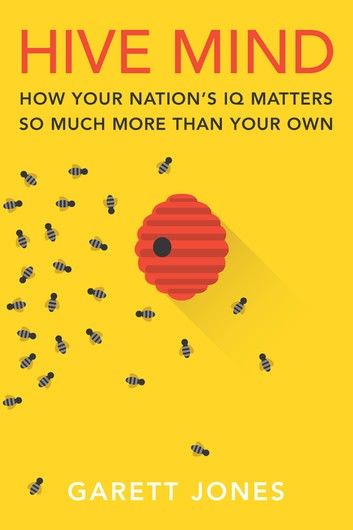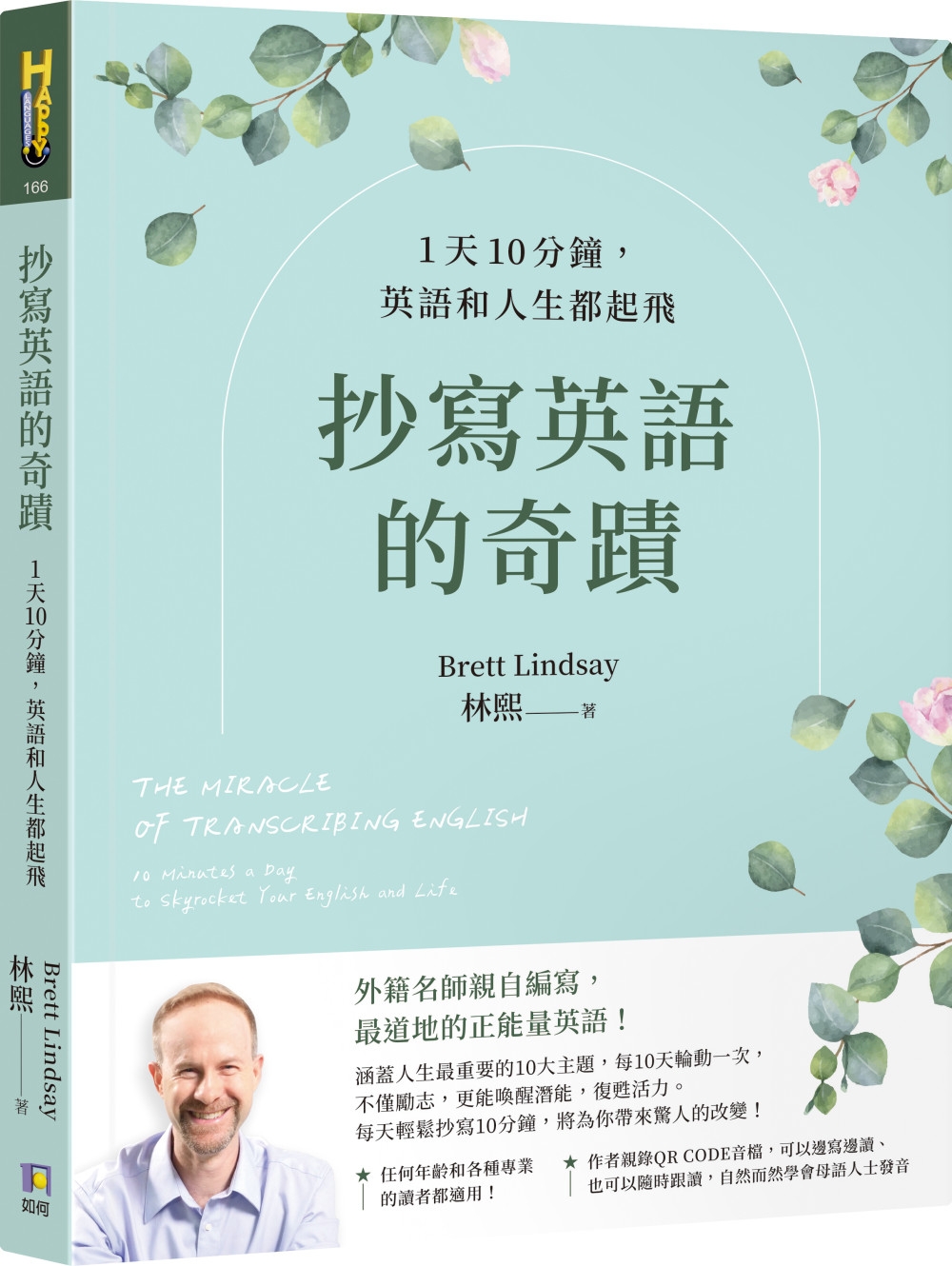| FindBook |
有 1 項符合
Hive Mind的圖書 |
 |
Hive Mind 作者:Garett Jones 出版社:Stanford University Press 出版日期:2015-11-11 語言:英文 |
| 圖書館借閱 |
| 國家圖書館 | 全國圖書書目資訊網 | 國立公共資訊圖書館 | 電子書服務平台 | MetaCat 跨館整合查詢 |
| 臺北市立圖書館 | 新北市立圖書館 | 基隆市公共圖書館 | 桃園市立圖書館 | 新竹縣公共圖書館 |
| 苗栗縣立圖書館 | 臺中市立圖書館 | 彰化縣公共圖書館 | 南投縣文化局 | 雲林縣公共圖書館 |
| 嘉義縣圖書館 | 臺南市立圖書館 | 高雄市立圖書館 | 屏東縣公共圖書館 | 宜蘭縣公共圖書館 |
| 花蓮縣文化局 | 臺東縣文化處 |
|
|
Over the last few decades, economists and psychologists have quietly documented the many ways in which a person's IQ matters. But, research suggests that a nation's IQ matters so much more.
As Garett Jones argues in Hive Mind, modest differences in national IQ can explain most cross-country inequalities. Whereas IQ scores do a moderately good job of predicting individual wages, information processing power, and brain size, a country's average score is a much stronger bellwether of its overall prosperity.
Drawing on an expansive array of research from psychology, economics, management, and political science, Jones argues that intelligence and cognitive skill are significantly more important on a national level than on an individual one because they have "positive spillovers." On average, people who do better on standardized tests are more patient, more cooperative, and have better memories. As a result, these qualities—and others necessary to take on the complexity of a modern economy—become more prevalent in a society as national test scores rise. What's more, when we are surrounded by slightly more patient, informed, and cooperative neighbors we take on these qualities a bit more ourselves. In other words, the worker bees in every nation create a "hive mind" with a power all its own. Once the hive is established, each individual has only a tiny impact on his or her own life.
Jones makes the case that, through better nutrition and schooling, we can raise IQ, thereby fostering higher savings rates, more productive teams, and more effective bureaucracies. After demonstrating how test scores that matter little for individuals can mean a world of difference for nations, the book leaves readers with policy-oriented conclusions and hopeful speculation: Whether we lift up the bottom through changing the nature of work, institutional improvements, or freer immigration, it is possible that this period of massive global inequality will be a short season by the standards of human history if we raise our global IQ.
|











